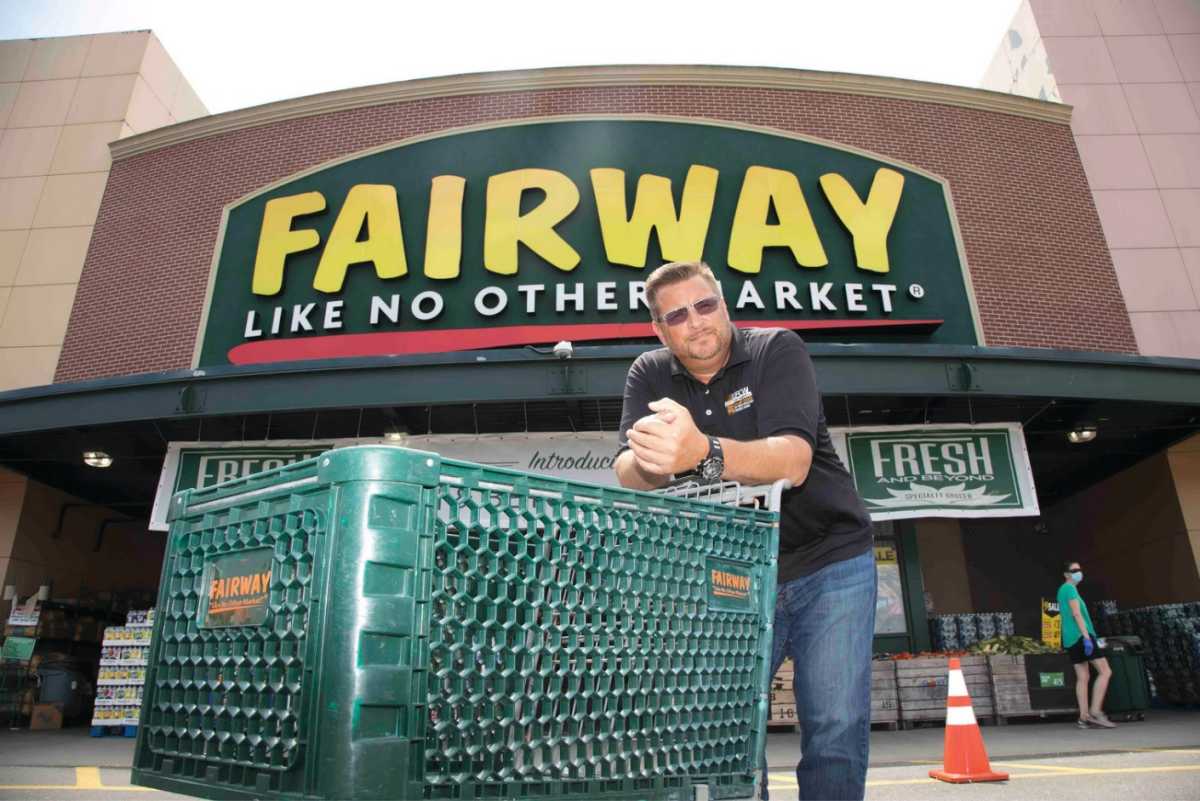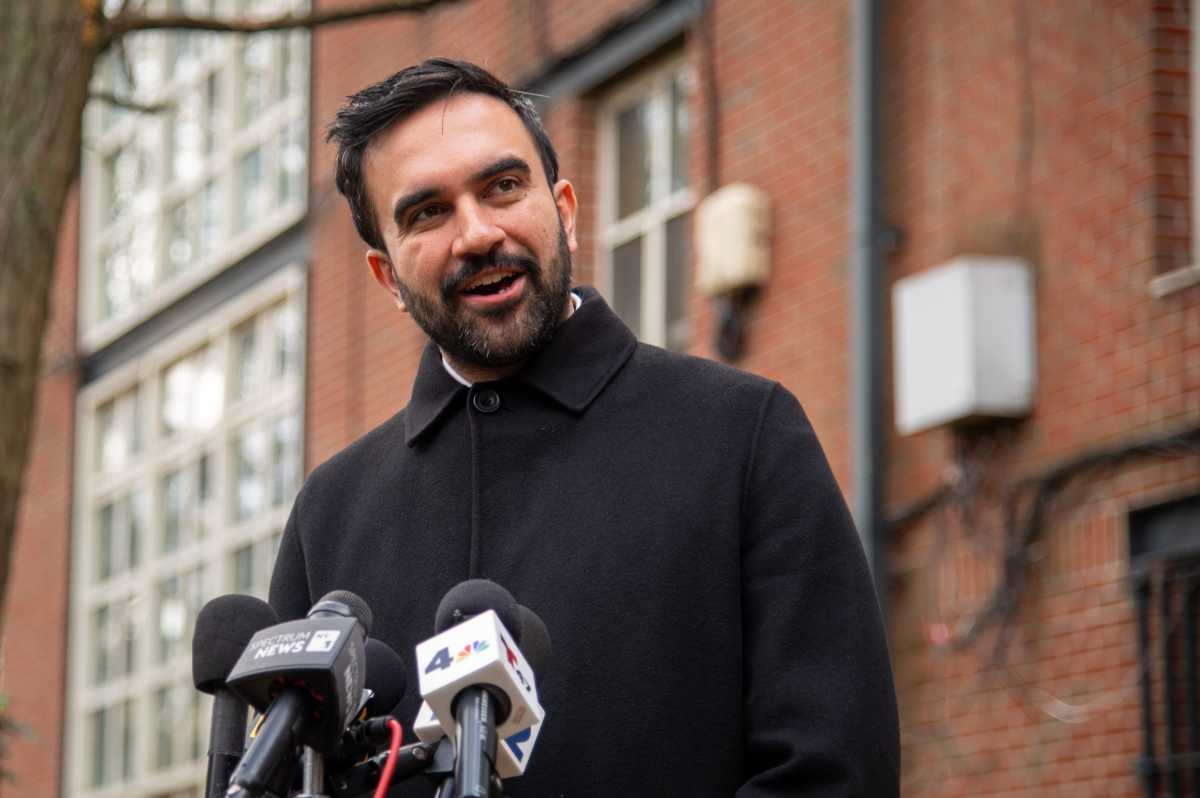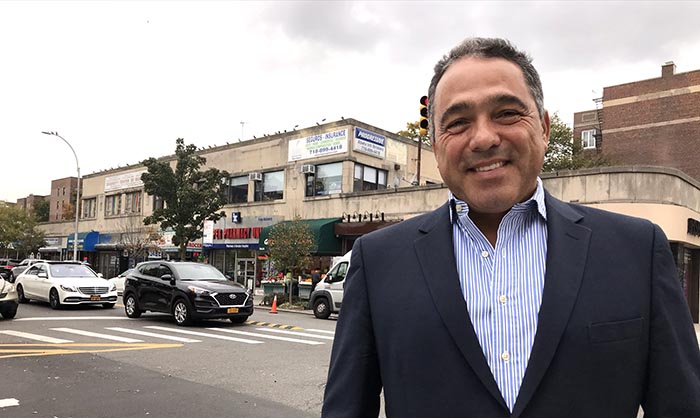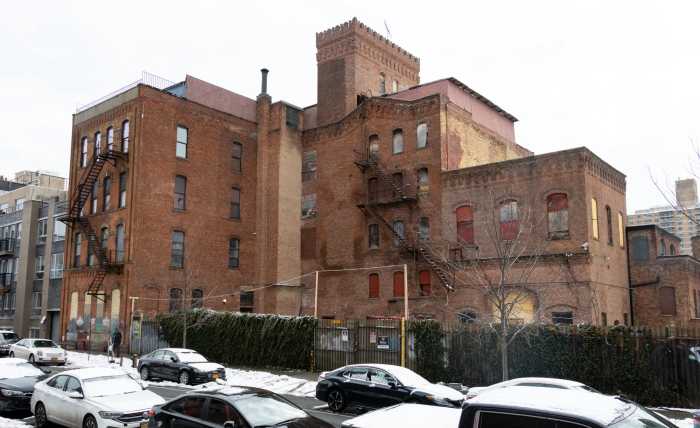Both the 2024 presidential election and the 2025 Mayoral race here in New York City have mentioned a somewhat surprising issue for political campaigns – groceries.
All of us, regardless of race, religion, political affiliation or economic status, need groceries, and we need them to be healthy, easily accessible, and affordable. But for too many New Yorkers, and too many Americans, that is simply not the case. Whether it be the proliferation of food deserts, which make it nearly impossible for hundreds of thousands of New Yorkers to find healthy, affordable goods, or rising food costs which continue to increase with inflation, it’s clear that something needs to change.
That’s why President Trump campaigned on lowering the price of groceries. It’s why Zohran Mamdani is campaigning on a novel idea to establish five city owned and operated grocery stores, specifically in food deserts. And it’s why there have been renewed efforts to expand food co-ops in New York City.
While these ideas are all aimed at achieving the same goal, they ignore a significant segment of the population impacted by this problem, grocery store workers themselves. Through no fault of their own, grocery store workers are now finding it harder and harder to achieve the stability, good salary, generous benefits, and strong labor protections that drew them to this industry in the first place. Rising anti-union sentiments are further complicating the long term viability of this once secure career path.
Fortunately, there is a way to tackle our grocery related problems, while also supporting grocery store workers – investing in public-private partnerships that utilize the expertise of union grocers and the city’s ability to reduce overhead costs.
Though Mr. Mamdani’s desire to invest in the grocery industry may be well intentioned, his current plan for publicly owned grocery stores calls for hiring new, untrained workers, making them city employees, and therefore members of the city workers union.
Why spend the time, money and effort needed to recruit management teams and train hundreds of brand new employees, who are not already familiar with best practices of the industry, when there is an existing workforce with years of experience, who are ready to step in and step up on day one? In an industry where profit margins are notoriously small, we need to use every possible avenue to keep costs down, which includes limiting unnecessary staff training sessions. Similarly, when there is already a vibrant grocery store workers union that has been fighting for its over 16,000 members – since FDR was president – why go through the trouble of attempting to incorporate new workers, who will be tasked with operating grocery stores, into the city workers union, that despite all its positive qualities, does not know the first thing about this industry?
It would undoubtedly be more efficient to use established, union grocers for a project of this nature, something that cannot be ignored when considering government intervention in what has historically been a private industry. But efficiency aside, it would also simply be better for the communities these stores serve to have workers who come from those communities and understand their needs. A successful grocery store is one where workers are able to tailor each customer’s shopping experience to their specific needs. The only way to accomplish this is by empowering career grocery store workers and respected owners, who come with the institutional knowledge and infrastructure, built from decades of tireless effort, who can create shopping experiences and inventories that align with the areas they are in and varying cultures they wish to successfully serve.
In the past, the city has demonstrated that they can help make healthy food more accessible when they leverage partnerships with the private sector. For example, through the New York City’s Food Retail Expansion to Support Health Program, or FRESH, 22 new grocery stores have opened, bringing healthy food options within walking distance to over 1.2 million New Yorkers.
Programs like FRESH serve as one avenue to address our food desert problem, but to truly solve it we need a comprehensive approach that combines the best of the public and private sectors and creates long term stability for the grocery industry. To do this, listening to the needs and expertise of union workers is key.
Just as developers and store owners were able to work with the city on the FRESH program, grocery store workers, and their union, are standing by, ready to lend their expertise to help bring healthy and affordable food options to more New Yorkers. All we are asking for is a seat at the table.
Rob Newell is president of UFCW Local 1500.










